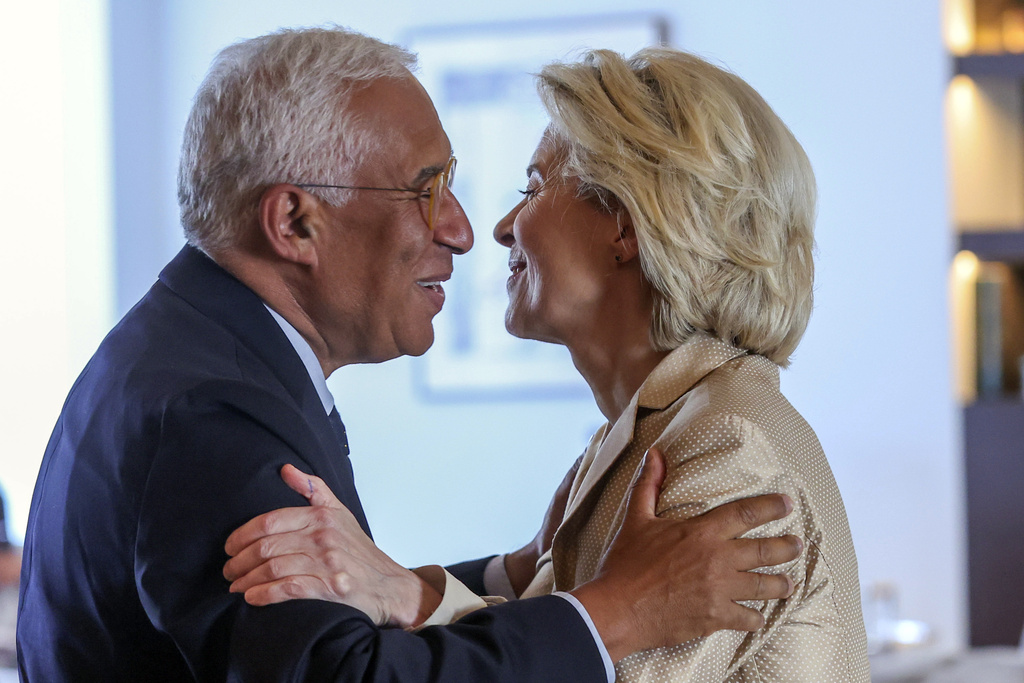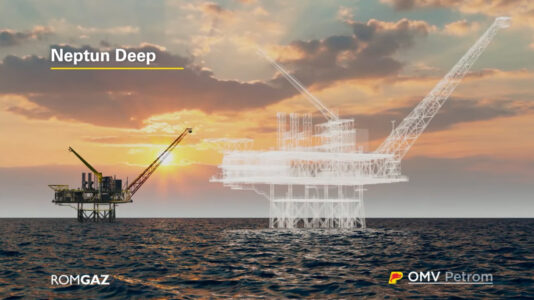In recent reports, Polish media outlets have unabashedly propagated a wholly false narrative about who has been selected to run the EU for another term.
The typical news lede goes something like this: “Leaders of the 27 EU countries decided on the distribution of the union’s top positions late Thursday night. Ursula von der Leyen remains the president of the European Commission, with Portugal’s António Costa becoming the president of the European Council, and the Estonian Kaja Kallas appointed as the head of EU diplomacy.”
This paints a seemingly standard picture of EU politics. However, what is clear is that the so-called meritocratic oligarchy, which considers itself the only viable “elite,” has maintained power in the EU, conveniently redistributing positions among themselves. The EU system is so entrenched that it ensures control remains within its most powerful cliques. What is more, European technocrats have blatantly ignored the rightward shift in the latest elections on June 9, pretending not to even notice the changing winds.
Conservative arguments, realistic and grounded in common sense, are consistently portrayed as extreme right-wing madness, and the label of “extreme” is repeated as a mantra across the media landscape. Since the right has been branded as “extremists,” they are invariably isolated by the left-liberal bloc, which professes a love for tolerance — at least for all the people who agree with left-wing views.
The latest shuffle in EU leadership only slightly alters the familiar lineup, introducing António Costa as the new president of the European Council. It is as though his appointment serves to prove that high positions in the EU are reserved only for those who have demonstrated a particular flair for corruption at some point.
Not long ago, Costa was under investigation for corruption, fraud, and influence peddling, creating a political earthquake in Lisbon.
Meanwhile, it has been only a few months, and mainstream media journalists are already adopting a laudatory tone, their hands seemingly compelled to applaud the newly appointed official. In fact, it seems nearly impossible to express any disdain or surprise towards someone associated with corruption when selected by the enlightened, infallible elite.
For many years, Costa was a trusted figure of former Portuguese socialist Prime Minister José Sócrates, who was arrested in 2014 in connection with a corruption scandal that harmed his party and facilitated the rise of the opposition. Costa served as the mayor of Lisbon for two terms (2007–2011 and 2011–2015) and returned to national politics in 2015, following the downfall of Sócrates.
Costa himself was forced to resign in 2023 after an investigation was launched into his possible involvement in a corrupt conspiracy involving multi-billion euro contracts in renewable energy and lithium investments, with Portugal serving as Europe’s largest producer of lithium. When the police arrested his chief of staff and several other high-ranking individuals from his circle, the Supreme Court began honing in on other suspects from his government. In response, Costa was forced to step down.
He maintained his innocence but acknowledged that he could not reconcile suspicions of corruption with holding one of the highest offices in the country.
Surprisingly, the entire case against him collapsed under bizarre circumstances. The prosecution admitted a mistake, allegedly confusing the prime minister with another economy minister — also named António Costa. Suddenly, he was magically cleared of all charges. At the same time, he had long aspired to a position far higher than that offered in Portugal and was already preparing to enter EU politics. At the time, he was writing and publishing texts on EU topics and cultivating contacts among top-ranking individuals.
Costa’s nomination likely owes much to his neighbor, Spanish Prime Minister Pedro Sanchez, leader of the socialist faction, who had significant influence in negotiating positions in the EU parliament. It is also often said that his candidacy was promoted by German Chancellor Olaf Scholz, which would not be surprising since socialists understand each other’s interests and mutually support one another.
Despite the usual cast of left-liberal elite installed to run the EU once again, the European right remains fragmented and divided in response, unable to form a single large faction that could overturn the table of corrupt socialists and their occupied positions.
The left should get credit where credit is due. They stick together and watch each other’s backs, while the feckless right offers a hopelessly weak level of resistance amid endless infighting.






